How Faith and Love Are Changing Disability Mission in Haiti
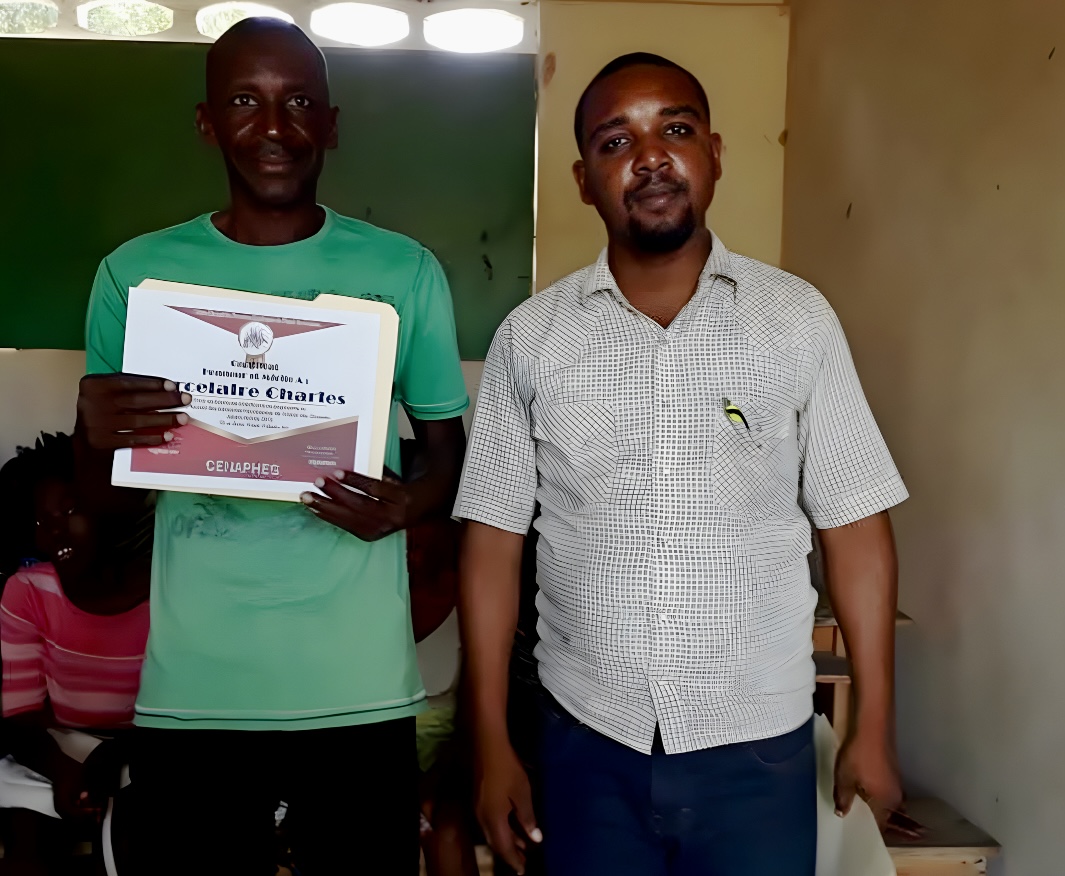
After graduating from a Christian university in Port-au-Prince, the capital of Haiti, Alfreno Dufrene moved back to Gonaives, Haiti, to pursue an internship in school administration. Among other responsibilities, he would welcome students every morning for prayer and for the raising of the Haitian flag, which is a daily routine led by education interns in Haiti. He was glad to serve in this way. However, what was most life changing during these months of internship occurred outside school grounds. After an encounter with a six-year-old girl named Kesna, he would never be the same.
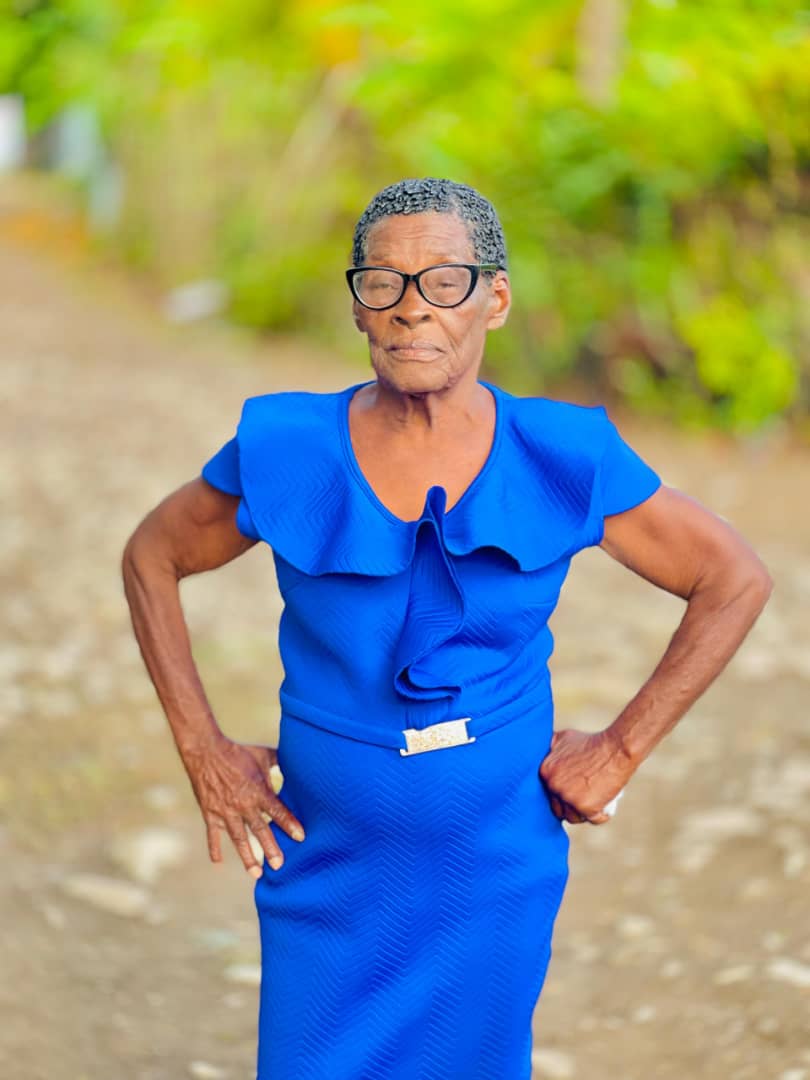
There was no cafeteria at the school, so during lunch breaks, Alfreno would buy some small patties from Aunt Rosita, an elderly woman in the neighborhood. As soon as he would walk up to her yard, she knew to fix him ten. They were just the right amount of ground chicken and egg, pressed together with flour and fried until golden brown. Likewise, each time he would come, he would often see her granddaughter sitting next to her, drawing on a piece of paper.
This time, though, Alfreno moved closer to see what she was drawing with such passion. The young girl was sketching some Quenepa trees that were growing in Aunt Rosita’s yard. “What’s this?” he asked, pointing towards the small and bushy trees and then at her newest addition. He was speaking in the Creole language, the heart language of the Haitian people. “You are doing very well. I can tell that you’re now drawing that goat standing there. What’s your name?”
She seemed pleased by the attention she was receiving, but she continued to say nothing. It didn’t bother Alfreno that her clothes were ragged and dirty. Most Haitians were poor. He himself had grown up in the countryside and had started at a young age to take care of the family garden and several animals, so he was not taken aback by poverty. Besides, nothing wrong with getting one’s clothes dirty. However, Alfreno was concerned that she was once again not at school.
Aunt Rosita interrupted his thoughts as she held out the patties for him. “Here you go,” she said. He took them but then glanced back at the girl. “Why isn’t she at school?” After a sigh, Aunt Rosita replied, “Ah, Kesna Jean’s disabled. You know, she’s mute and her leg doesn’t work. She can’t go to school.”
As the girl continued to draw in silence, Alfreno thought about how much she was missing. “Every child should be able to go to school,” he said, expecting agreement. But the way Aunt Rosita paused and looked at him made it clear to Alfreno that, in her mind, children with a disability not only couldn’t go to school. They did not deserve to attend school. To avoid choking, Alfreno had to swallow before saying, “You don’t agree? Your granddaughter is doing a wonderful job, drawing those trees and the goat over there.”
Aunt Rosita was looking away when she said, “The principal would reject her, and other students and parents would mock the child. It’s best for her to stay here, and when the church sisters come, it’s best for her to go back inside. For everyone’s good.”
Alfreno knew from previous conversations that she attended Evangelistic Salem Church, but he was alarmed by how this conversation was going. “The church sisters?” he said.
“The preacher said that when we sin, those sins have consequences on our children. That’s right. You have some children born with disabilities, and a lot of the sisters and brothers believe that. It’s best to hide her at home when receiving visits from the church sisters. Otherwise, the sisters may see her and say we’ve been cursed by God.”
Alfreno could barely speak, he felt so sick. Only by the grace of Jesus, he managed to say, “But children are a blessing, and we are created in God’s image. When King David heard about King Saul’s grandson, who had a disability, he did not discriminate against him but rather invited him to eat with them at the king’s table.”
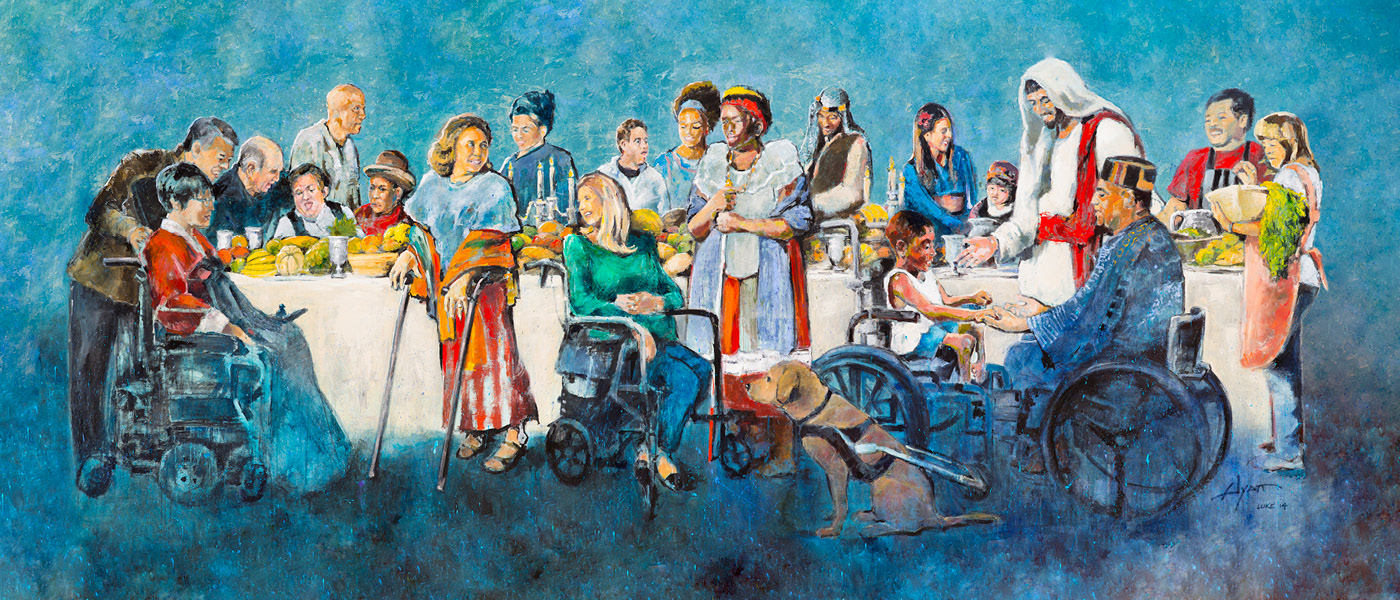
In the silence that followed, he could only wonder how many other children were like her, suffering much more from how others treated her than from the disability itself. Out of politeness, he thanked Aunt Rosita for the patties and started back towards the school. But with each step, tears blurred Alfreno’s vision as he grieved for Kesna Jean and for the many other children who were being rejected by parents and by society at large, even being rejected by the church.
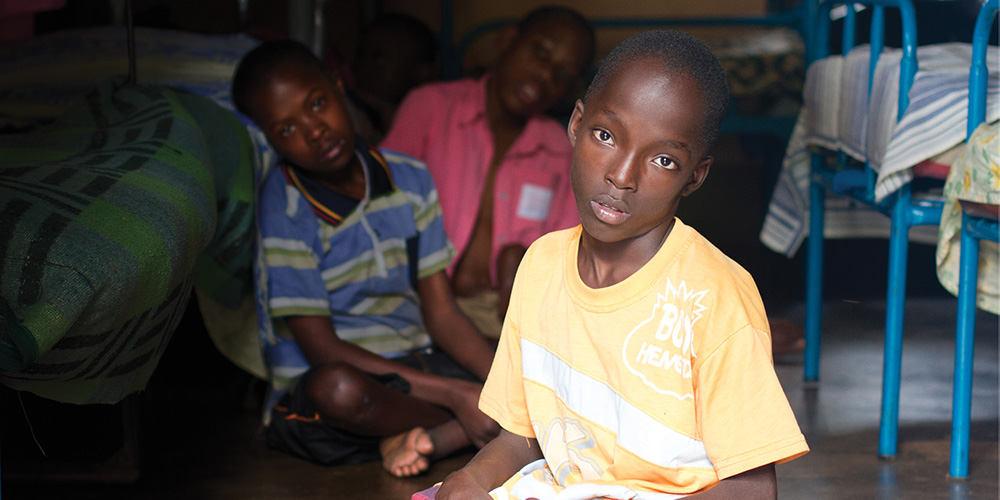
When Alfreno completed his internship in 2018, he neither had a job nor financial support, but he had been sensing the strong call from the Lord to find and support children with disabilities like Aunt Rosita’s granddaughter. With approval from leaders of the community where he had his internship, Alfreno conducted a survey. In addition to Kesna, the survey revealed 24 other children whom had been left behind with grandparents because of their disability.
Alfreno gathered a few friends who helped him bring these children to the hospital to assess their needs. One of these friends was Jeanne Wessel, a retired nurse from the US, who had come on mission trips to Haiti to serve with mobile clinics. Alfreno had translated for her several times. In addition to providing professional advice, Jeanne and her husband provided funds for the children to be evaluated at the hospital.
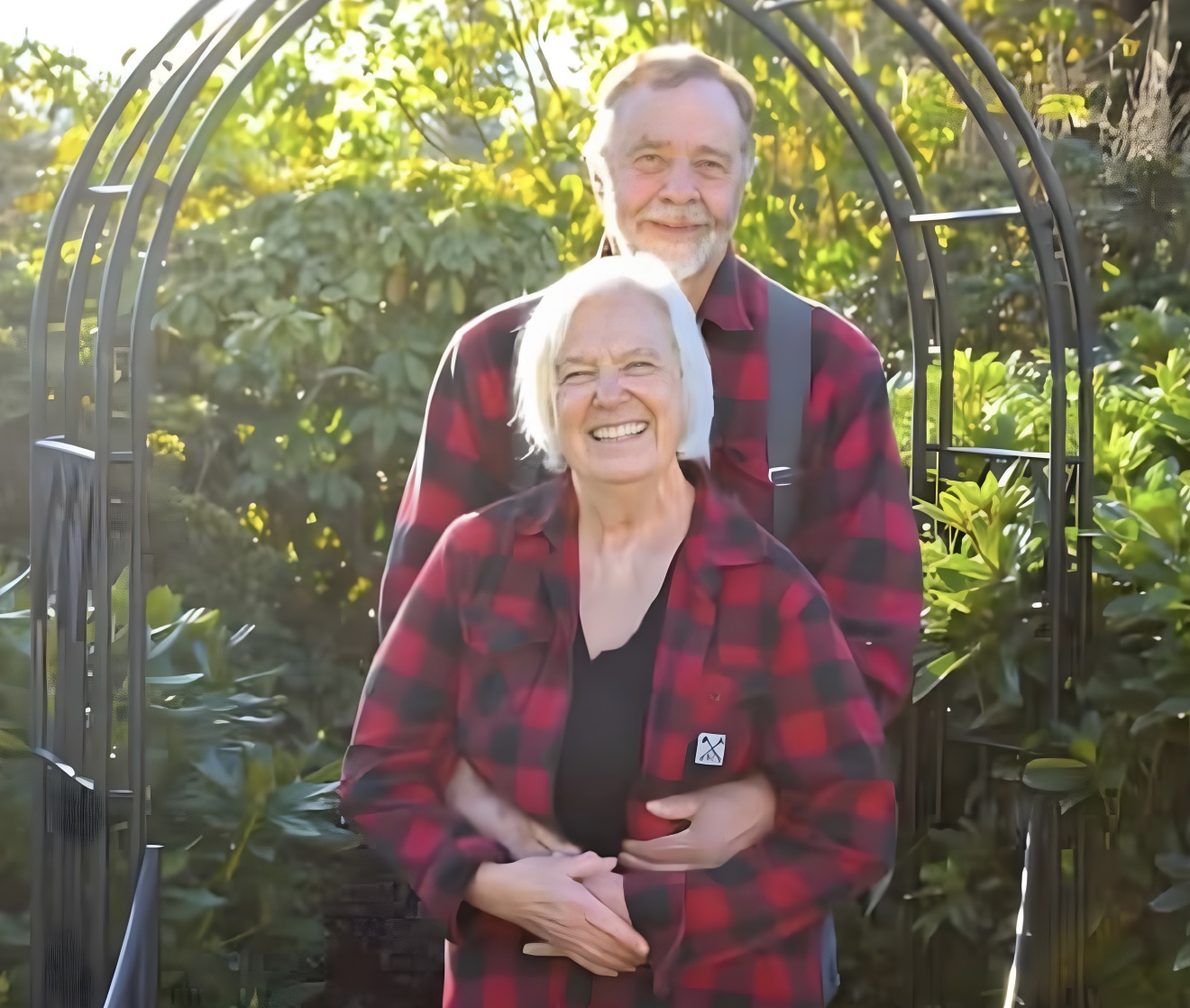
The first medical examinations left no doubt: These children needed help. All were affected by at least one physical disability, and many needed medicine. Every girl, for instance, was prescribed medicine because they each had a vaginal infection. Families needed to learn how best to treat water and receive basic training in hygiene to prevent dangers like typhoid fever and vaginal infections. Most of all, these children needed to experience the loving hands of Jesus.
Starting in 2018, then, Alfreno Dufrene and his team founded the Center for Children with Disabilities in Gonaives. They were eager to pursue the vision that God had given Alfreno, supporting children affected by a physical disability, especially those who had been abandoned by parents. For the first several months of 2019, he and his team made monthly home visits with the 25 families, explaining the purpose and services that the Center would soon be providing.
When Alfreno returned to Aunt Rosita’s home for the first time since his education internship had ended, he was accompanied by the physiotherapist, Felix St Jean, and by Jeanne, who had been able to return to Haiti for another visit. The three of them were eager to be there, recognizing how the Lord had positioned Kesna as a catalyst to launch this ministry. In partnership with Alfreno and team, Jeanne and her husband and four of their friends were supporting its mission through prayer and financial means.
As soon as Aunt Rosita saw them, she kept expressing her gratitude for what the team had done for the children at the hospital. However, when Alfreno started speaking about the therapies that would be offered by the Center, she looked perplexed. “But how can she do this? Kesna Jean can’t walk, and she doesn’t speak. So thank you very much, but I don’t see how this can happen.”
“Physiotherapy is very important for the children,” Alfreno said again. “With good support, Kesna Jean can get better.”
The physiotherapist added, “We believe the Center will become a sanctuary for Kesna, a place where she will receive physical therapy, education tailored to her needs, and most importantly, encouragement. She’ll build friendships with other children. Aunt Rosita, we want her to flourish. That’s what we are working towards. I believe she may even start talking.”
Like the other grandparents, Aunt Rosita still needed more home visits to grasp what they were saying, but by the start of the therapy sessions in June, she agreed to let her granddaughter go. In fact, the smiles on her and on Kesna never stopped as the physiotherapist took them to the Center that first time by motorcycle. For other sessions, the team provided funds for them to travel by motorcycle taxi. Smiles continued.
With the team treating Aunt Rosita and Kesna with Christ-like compassion, the effects were profound and immediate. The grandmother began to see the Lord as a God of love instead of wrath, especially regarding disabilities, and Kesna’s progress was remarkable. Indeed, with each passing day, the girl grew stronger and more independent. Like the other children, she was receiving two meals a day at the Center, and she was getting such individual care from the team members, even when Alfreno couldn’t be there because he had also started teaching French. Indeed, she was thriving.
Then, once Kesna received a wheelchair in January 2020, she learned to navigate her environment, zooming around and becoming a source of inspiration for other children facing similar challenges. She still is unable to speak clearly, but through therapy sessions, she learned ways to communicate verbally. Also, her laughter and determination echoed through the halls of the Center, reminding everyone that disability is not inability. In fact, Kesna dreams of becoming a painter and helping other children embrace life, overcoming the challenges they face.
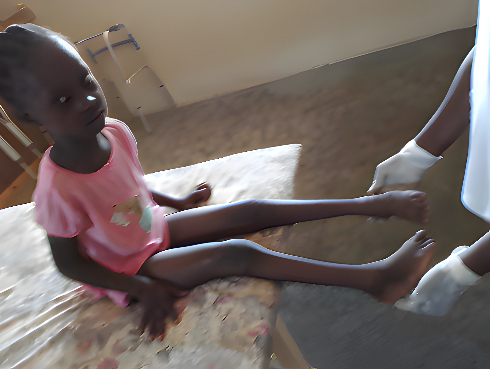
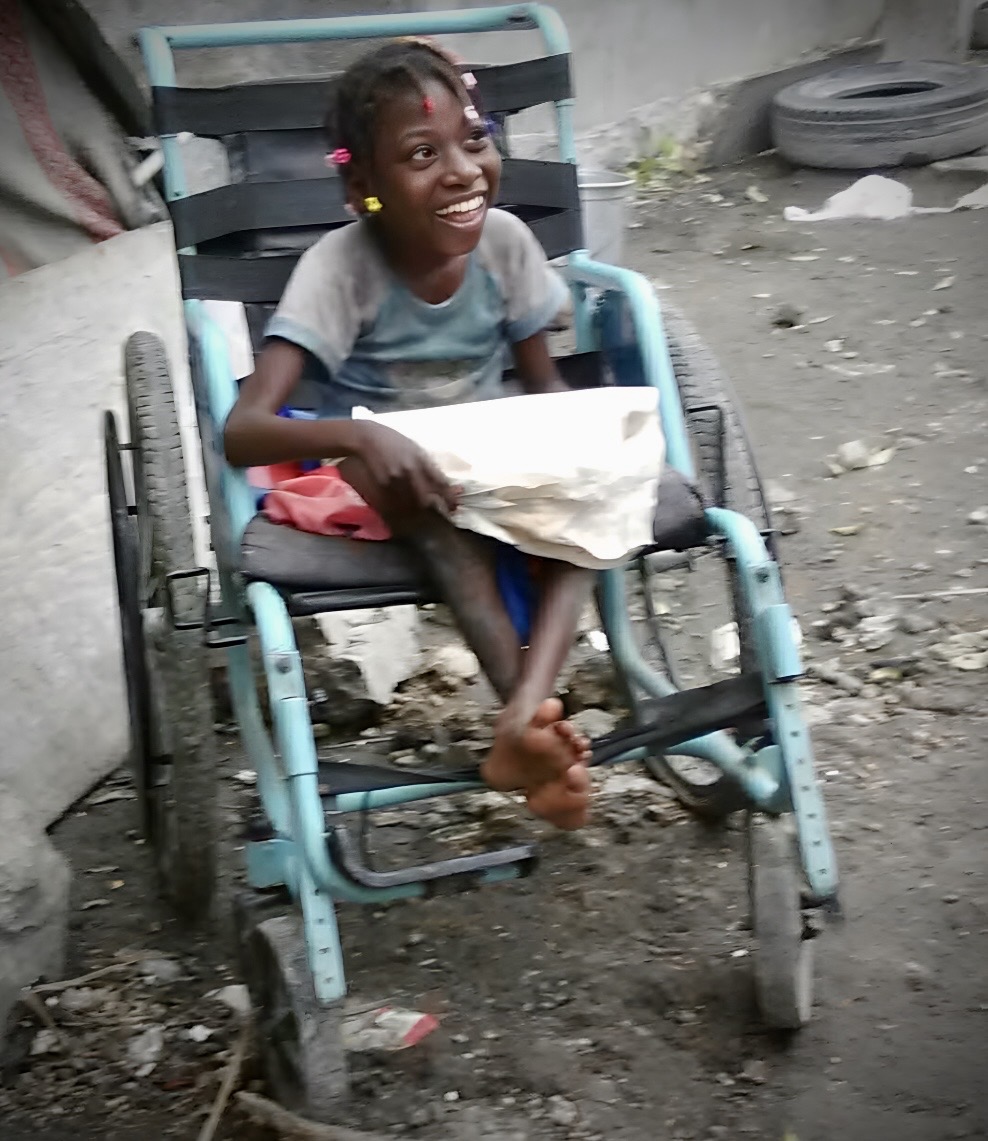
Another 2020 victory unfolded when Aunt Rosita took Alfreno to an event her church was having for (non-disabled) children so that he could speak with the pastor. Like Priscilla and Aquila who corrected Apollos in Acts 18:25, Alfreno hoped to direct the pastor to a more biblical view of children with disabilities.
By the leading of the Lord, Alfreno first sincerely thanked the pastor for all of the good he was doing for the community. He then shared about the wonderful children whom he and his team were serving. Finally, after reading from 2 Samuel 4:4, Alfreno said, “Jonathan’s son was lame in both feet, but his disability was not caused by sin. He had been dropped by his nurse when they were fleeing. People can become disabled from sickness or from a fall or something else, but whatever the reason, we are commanded to love our neighbor as ourselves. And we are called to love these children. Whether disabled or non-disabled, they are beautifully created in God’s image.”
The pastor’s face softened as he said, “I am so sorry, my friend. I’ve not been seeing these children in this way, and from the pulpit, I will apologize for things I have spoken against them. Thank you for coming to speak with me, and maybe you have some books I can read about this subject.”

Alfreno Dufrene nodded, and he realized that although Kesna Jean’s name was never explicitly mentioned in their conversation, he knew everything about it shouted her name. “Thank you, Jesus,” he said.
Written By — Kevin Avery
Kevin Avery leads International Village Ministry, which began partnering with Alfreno Dufrene and his team in November 2024.

Disability in Mission
Disability in Mission: The Church’s Hidden Treasure outlines a radical change in approaches to missiology, missions, and praxis for the twenty-first-century global cultural context. It explores a pattern whereby God works powerfully in missions through disability and not in spite of it.





